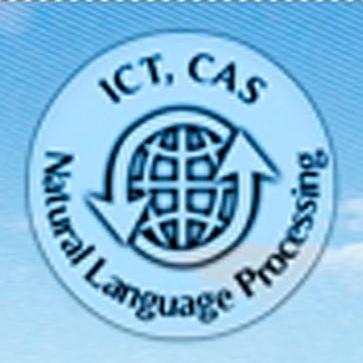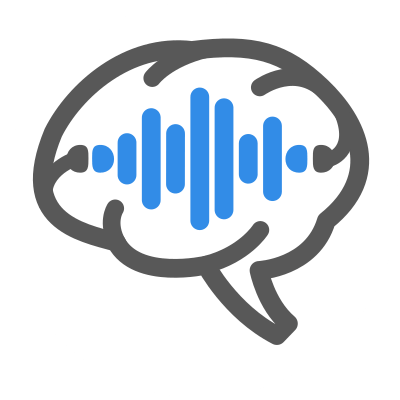Discover and explore top open-source AI tools and projects—updated daily.
Lyra by  JIA-Lab-research
JIA-Lab-research
Omni-cognition framework for speech, image, and video understanding/generation
Top 88.0% on SourcePulse
Lyra is an open-source framework for speech-centric omni-cognition, designed to achieve state-of-the-art performance across a variety of speech and multi-modal tasks. It targets researchers and developers working with speech understanding, generation, and multi-modal AI, offering enhanced versatility and efficiency over existing models.
How It Works
Lyra employs a multi-modal architecture where data from different modalities (image, video, speech) are processed through encoders and projectors before entering a Large Language Model (LLM). Within the LLM, multi-modality LoRA and latent multi-modality extraction modules work together to enable simultaneous speech and text generation. This approach leverages a latent cross-modality regularizer to bridge speech and language tokens, facilitating efficient training and inference.
Quick Start & Requirements
- Install: Clone the repository and install via
pip install -e .within a Python 3.10 Conda environment. Additional packages likefairseqare needed for text-speech generation. - Prerequisites: Python 3.10, Conda,
fairseq(optional). GPU is highly recommended for training and inference. - Resources: Requires downloading various datasets and pre-trained models (Qwen2-VL, Whisper, etc.). Training is demonstrated on 8 A100 GPUs.
- Links: Demo, Project Page, Code
Highlighted Details
- Achieves SOTA results on speech-centric tasks and supports image, video, speech understanding, and speech generation.
- Offers three model sizes: Lyra_Mini_3B, Lyra_Base_9B, and Lyra_Pro_74B.
- Supports long speech input (up to 2-3 hours) and streaming text-speech generation.
- Provides a Gradio Web UI for user-friendly multi-modal interaction.
Maintenance & Community
The project is actively maintained by dvlab-research. Further details on community channels or roadmaps are not explicitly provided in the README.
Licensing & Compatibility
The data and checkpoints are licensed for research use only. Usage is restricted by the licenses of underlying models (LLaVA, Qwen, LLaMA, Whisper, GPT-4o). The dataset is CC BY NC 4.0, prohibiting commercial use.
Limitations & Caveats
The online demo does not support long-speech functionality due to computational costs. The licensing explicitly restricts use to non-commercial, research purposes.
1 year ago
Inactive

 Ola-Omni
Ola-Omni mtkresearch
mtkresearch Sally-SH
Sally-SH ictnlp
ictnlp fishaudio
fishaudio gpt-omni
gpt-omni fixie-ai
fixie-ai huggingface
huggingface boson-ai
boson-ai SparkAudio
SparkAudio speechbrain
speechbrain